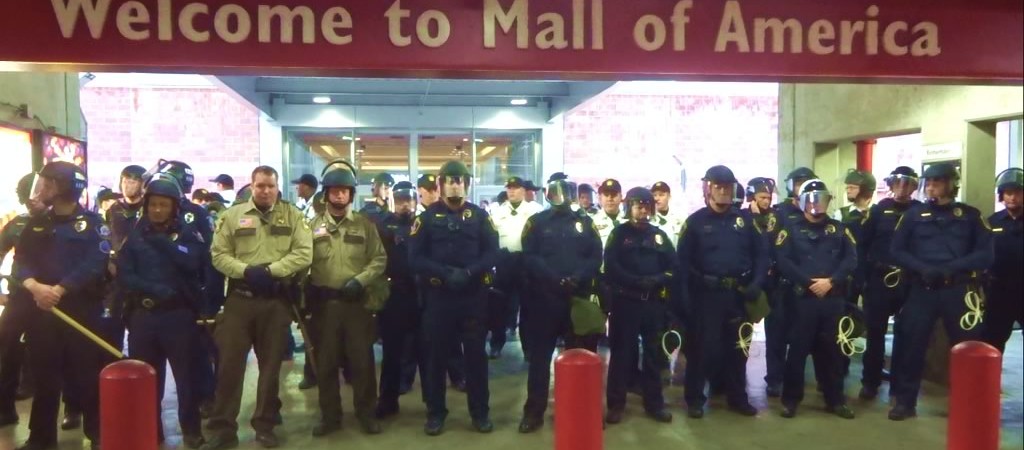Secret-Keeping
January 1, 2016Podcast: Download (Duration: 15:08 — 13.9MB)
Subscribe: More
 I found out that something was wrong the same way I find out so many things nowadays: on Facebook. Read more →
I found out that something was wrong the same way I find out so many things nowadays: on Facebook. Read more →
Not as Alone as You Think You Are
January 1, 2016Podcast: Download (Duration: 10:11 — 9.3MB)
Subscribe: More
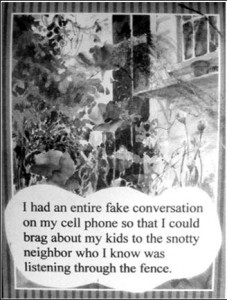 So, here’s a question to get us started: Who do you tell your secrets to? Now, don’t go and say you don’t have any secrets. Because that’s just not true; everyone has secrets. Everyone does. Read more →
So, here’s a question to get us started: Who do you tell your secrets to? Now, don’t go and say you don’t have any secrets. Because that’s just not true; everyone has secrets. Everyone does. Read more →
The Biggest Secret at CLF
January 1, 2016Podcast: Download (Duration: 0:42 — 670.5KB)
Subscribe: More
 The biggest secret at CLF is that we need your support to sustain Quest Monthly! With nearly 700 members in prison, and hundreds more on fixed incomes, many of our congregants are unable to contribute financially. Read more →
The biggest secret at CLF is that we need your support to sustain Quest Monthly! With nearly 700 members in prison, and hundreds more on fixed incomes, many of our congregants are unable to contribute financially. Read more →
Secrets and Silence
January 1, 2016Podcast: Download (Duration: 12:42 — 11.6MB)
Subscribe: More
 In her book On Lies, Secrets, and Silence one of the essential writings of 1970s feminism, Adrienne Rich wrote: “Whatever is unnamed…will become, not merely unspoken, but unspeakable.” Read more →
In her book On Lies, Secrets, and Silence one of the essential writings of 1970s feminism, Adrienne Rich wrote: “Whatever is unnamed…will become, not merely unspoken, but unspeakable.” Read more →
REsources for Living
January 1, 2016Podcast: Download (Duration: 5:01 — 4.6MB)
Subscribe: More
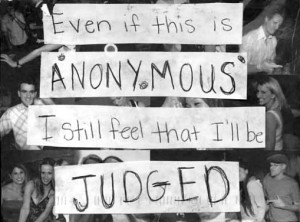 What does it feel like when you have a secret? We asked folks on the CLF Facebook page: How does it feel in your body to carry a secret? Read more →
What does it feel like when you have a secret? We asked folks on the CLF Facebook page: How does it feel in your body to carry a secret? Read more →
Did You Know?
January 1, 2016Podcast: Download (Duration: 0:21 — 344.7KB)
Subscribe: More
…that you can share in real-time worship with other CLFers, or watch services on-demand after they run live? Read more →
Secrets
January 1, 2016Podcast: Download (Duration: 1:44 — 1.6MB)
Subscribe: More
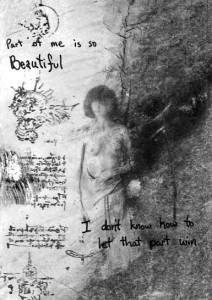 “Part of me is so Beautiful. I don’t know how to let that part win.” Read more →
“Part of me is so Beautiful. I don’t know how to let that part win.” Read more →
Secrets
January 1, 2016January 2016
The human heart has hidden treasures,
In secret kept, in silence sealed;
The thoughts, the hopes,
the dreams,
the pleasures,
Whose charms were broken if revealed.
—Charlotte Brontë
Articles
Secret-Keeping
Rev. Erika HewittI found out that something was wrong the same way I find out so many things nowadays: on Facebook. When I first joined that online social network, I was delighted to reconnect with friends from my growing-up years: high school buddies, former prom dates, even my best friend from Catholic elementary school, whom I hadn’t ...Read more »
Not as Alone as You Think You Are
Rev. Dr. Matthew JohnsonSo, here’s a question to get us started: Who do you tell your secrets to? Now, don’t go and say you don’t have any secrets. Because that’s just not true; everyone has secrets. Everyone does. Read more »
The Biggest Secret at CLF
Quest for MeaningThe biggest secret at CLF is that we need your support to sustain Quest Monthly! With nearly 700 members in prison, and hundreds more on fixed incomes, many of our congregants are unable to contribute financially. Read more »
Secrets and Silence
Rev. Meg RileyIn her book On Lies, Secrets, and Silence one of the essential writings of 1970s feminism, Adrienne Rich wrote: “Whatever is unnamed…will become, not merely unspoken, but unspeakable.” Read more »
REsources for Living
Rev. Dr. Lynn UngarWhat does it feel like when you have a secret? We asked folks on the CLF Facebook page: How does it feel in your body to carry a secret? Read more »
Did You Know?
Quest for MeaningDid you know that you can share in real-time worship with other CLFers, or watch services on-demand after they run live? Read more »
Secrets
Quest for MeaningPart of me is so Beautiful. I don’t know how to let that part win. Read more »
Secrets
Quest for MeaningThe human heart has hidden treasures, In secret kept, in silence sealed; The thoughts, the hopes, the dreams, the pleasures, Whose charms were broken if revealed. —Charlotte Brontë Read more »
Uncertainty and Solidarity: Reflections on Shutting it Down with Black Lives Matter
December 29, 2015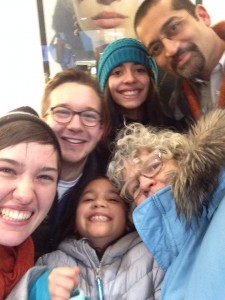 I was there on Wednesday, at the Black Lives Matter protests at the Mall of America, at the airport, and on the light rail.
I was there on Wednesday, at the Black Lives Matter protests at the Mall of America, at the airport, and on the light rail.
I was there on Wednesday with my 12 and 7-year-old daughters.
I was there because we were there a year ago—our first visit to the mall with 3,000 of our closest friends. As my older daughter pointed out when I was wavering on my decision to go, “It’s our holiday tradition, Dad! On Thanksgiving we protest Walmart. At Christmas, we go to the mall with Black Lives Matter!”
Finding the Helpers
December 9, 2015The other day, I was in a group of seminarians when someone asked us, “Where do you find hope in dark times?” There seems to be so much going wrong in the world that even professional purveyors of hope such as those called to ministry often can lose heart. Read more →
Renew Your Membership
We invite you to join your fellow CLFers to renew your CLF membership and stewardship of the CLF for another year.
Support the CLF
Can you give $5 or more to sustain the ministries of the Church of the Larger Fellowship?
Newsletter Signup
About
Quest for Meaning is a program of the Church of the Larger Fellowship (CLF).
As a Unitarian Universalist congregation with no geographical boundary, the CLF creates global spiritual community, rooted in profound love, which cultivates wonder, imagination, and the courage to act.
Contact
Church of the Larger Fellowship Unitarian Universalist (CLFUU)
24 Farnsworth Street
Boston MA 02210


